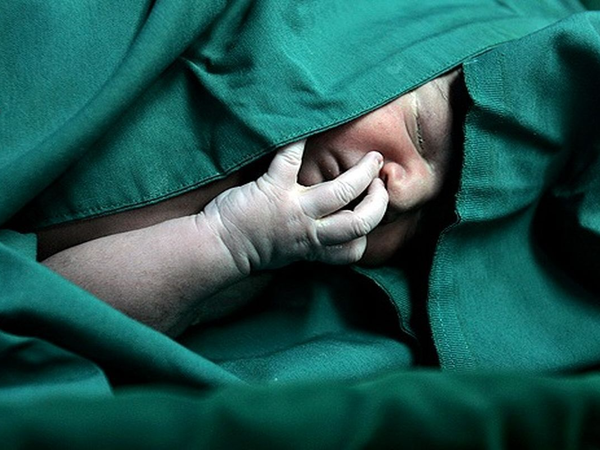A child trafficking ring based in the religious city of Mashhad has been busted by security forces, according to an online news outlet, resulting in several arrests and raising alarm about the prevalence of similar abuses elsewhere.
Investigators have connected two middle-aged sisters to the operation, which is thought to involve the unlawful sale of infants procured from impoverished or drug-dependent families who are distributed to those unable to conceive.
Child trafficking in Iran, although relatively infrequent, may point to deepening poverty and a fraying social safety net.
As reported by Rouydad 24 website, the discovery of the case occurred after informants supplied police information regarding the network's operations, culminating in the arrest of a person in Mashhad who had purchased a one-year-old girl.
The child's mother, a 23-year-old woman struggling with addiction, was also detained. She explained to the authorities that her decision to sell her daughter came from a place of desperation.
"My husband is a homeless addict, and I don’t know where he is. I wasn’t in a good state," she was quoted as saying. "I went to a woman’s house, and she, acting as an intermediary, sold my daughter to another woman. They gave me 600 million rials (about $650)."
After reconsidering, the mother attempted to reclaim her child but was met with threats from the buyer, who demanded 800 million rials (about $850).
Further investigation linked the ringleader, one of the arrested sisters, to similar trafficking schemes in other cities across the country. She said she purchased the child from the addicted mother for 600 million rials and sold the girl to a childless woman who had undergone multiple failed treatments.
While local authorities have arrested several suspects, authorities believe the trafficking ring may be part of a larger network operating throughout the country, triggering a broader investigation into the sale of babies in other cities.
The case adds to a growing body of evidence pointing to the abuse of vulnerable families, in particular those living with poverty and addiction.
